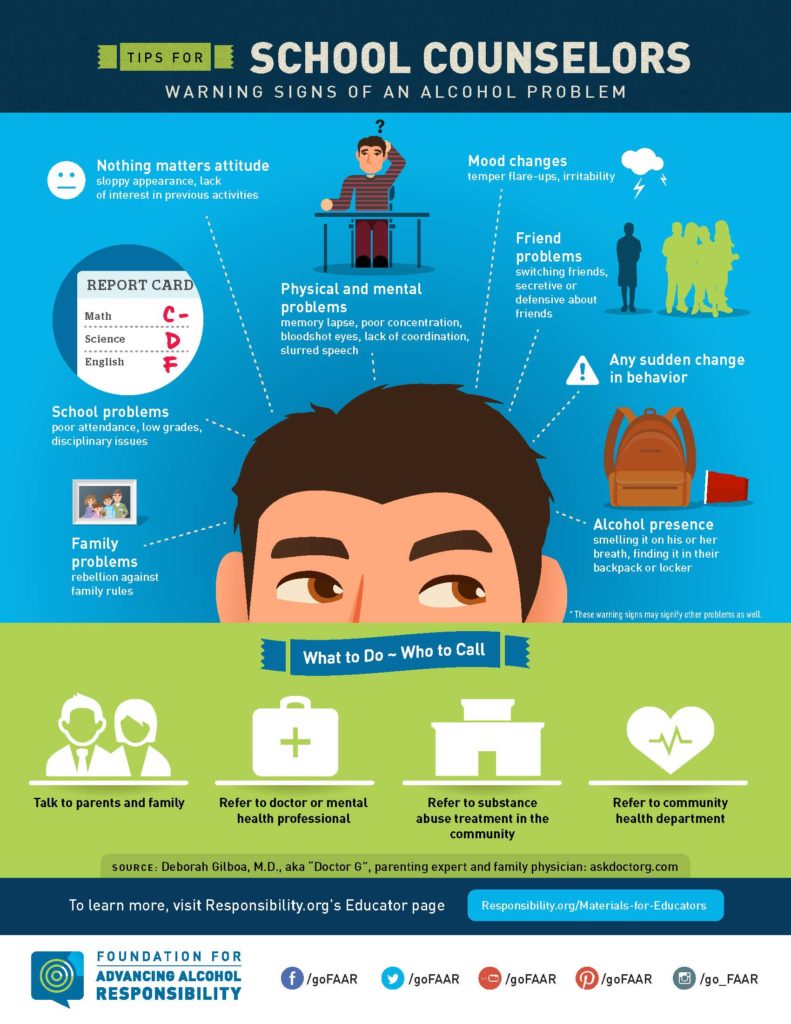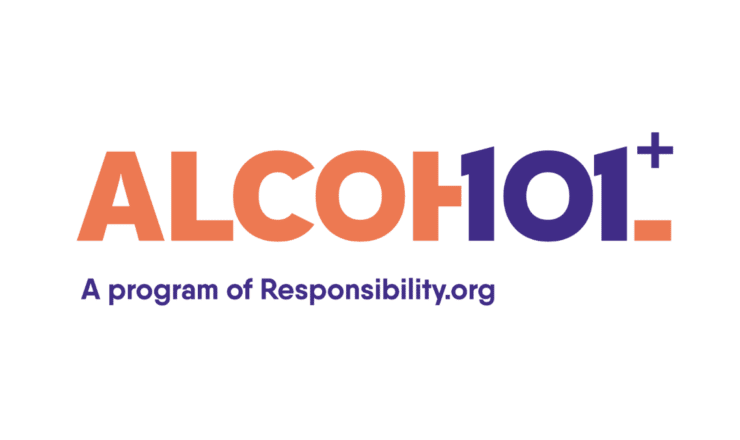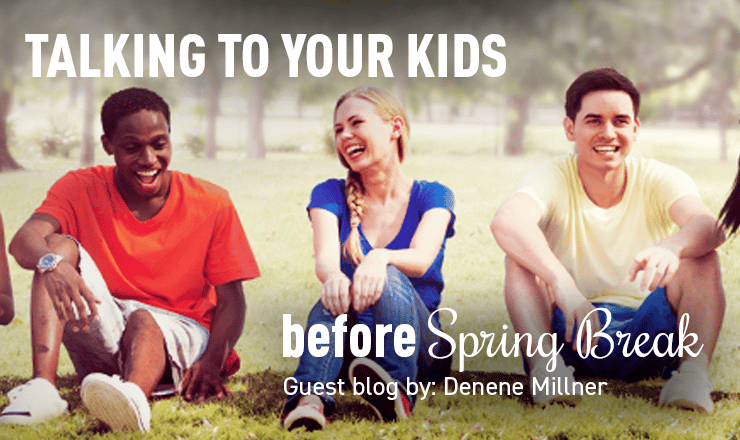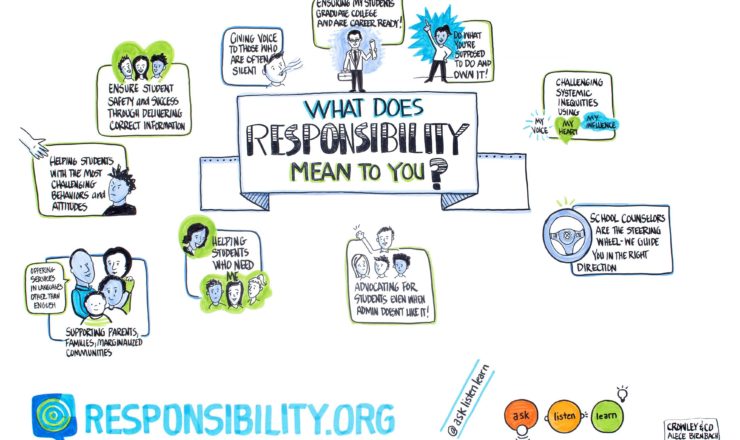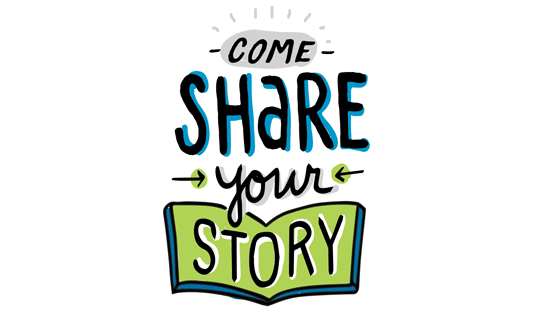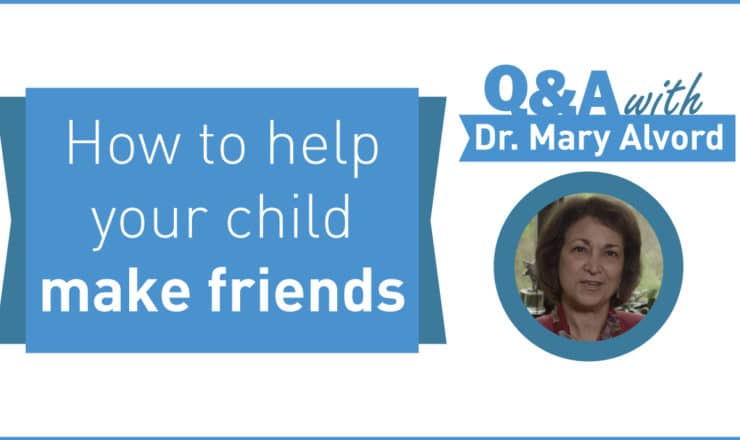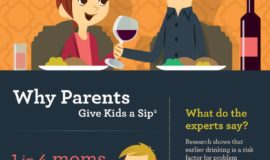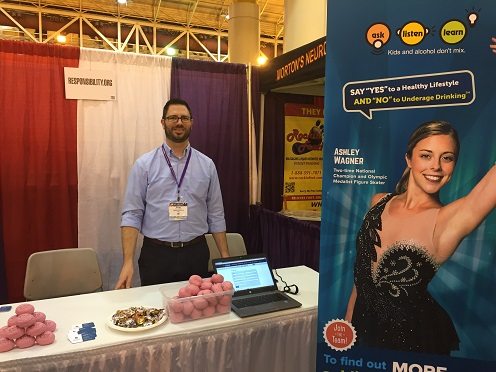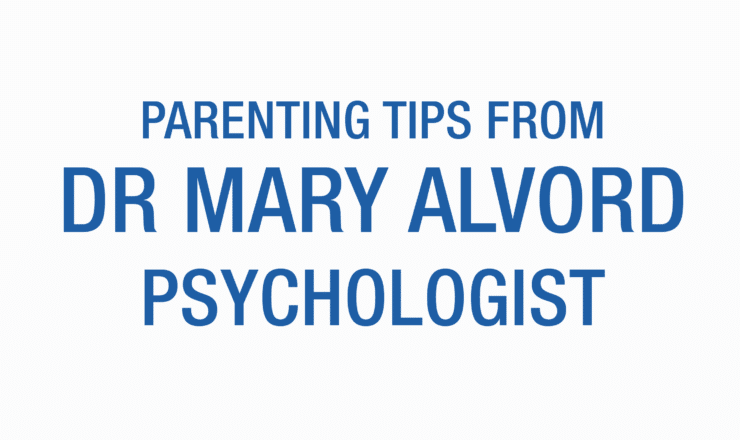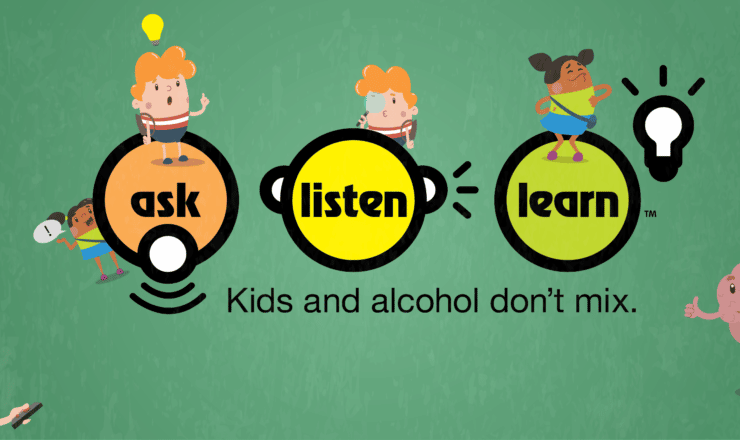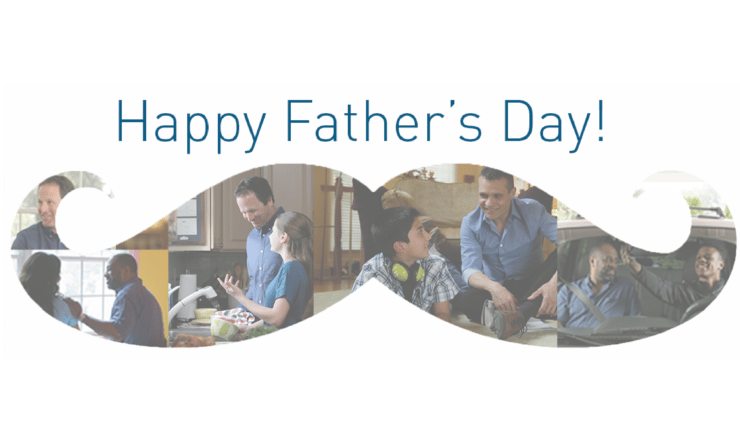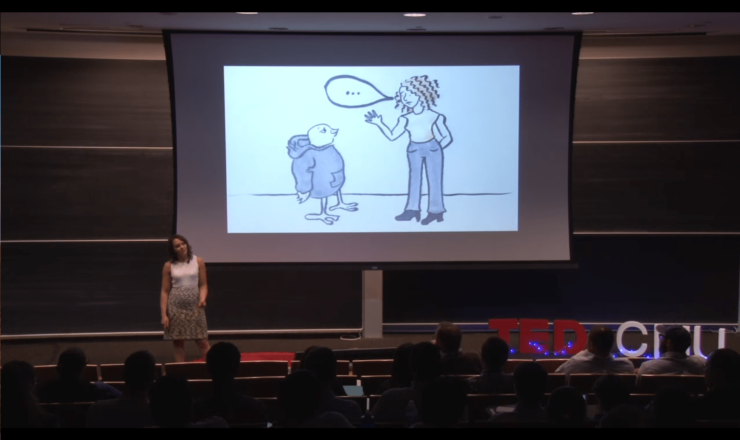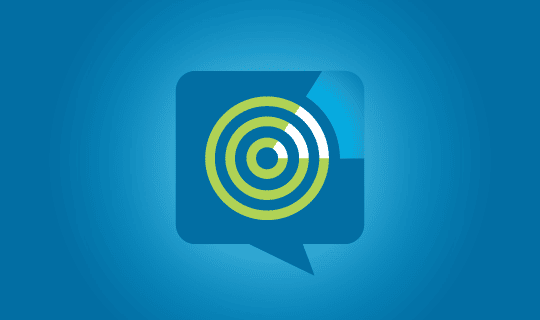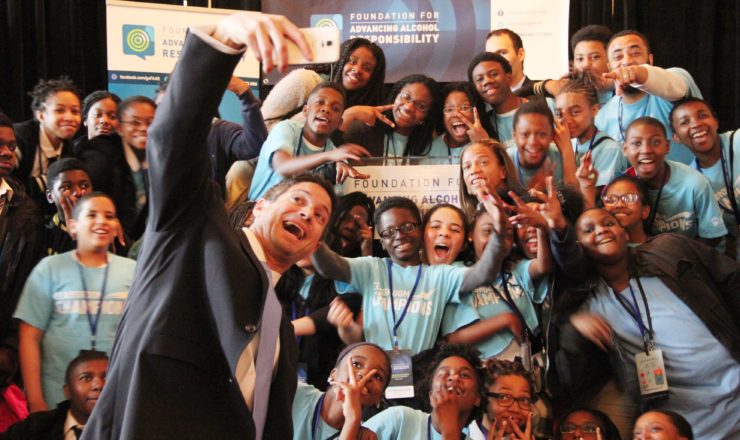Just let them talk. And talk often.
While working at Responsibility.org to encourage teachers, school administrators, school counselors, school nurses and other educators to have conversations about alcohol responsibility in the classroom, I have been pursuing a master’s degree in education and human development in order to become a K-12 school counselor. Over the past year I have been learning how to counsel students effectively, as well as understanding the ethics of the profession and best practices for counseling programs in schools.
The most common thread I’ve learned about being a school counselor is that kids just want to talk. They need an adult they trust to listen without judgement. They need a safe place to talk about things that are going on at home, with friends and with teachers without the risk of getting in trouble. One of the only adults in the building who can provide that safety is the school counselor. A school counselor uses their discretion and ethical code to determine if parents or other professionals should get involved in any situation, but most of the time, if a student wants to talk the school counselor is there. The school counselor is an important intervention point on issues students face with friends and family, and they provide nonjudgmental information about substance use, gender identity and sexuality, bullying behaviors and the like. As explained by the American School Counselor Association (ASCA), “professional school counselors support a safe learning environment and work to safeguard the human rights of all members of the school community.”
When a student knows they are safe, they do talk. They talk a lot. And when they talk, they are able to work things out they wouldn’t if they kept it all bottled up. Along with their counselor, they can work things out in a way that’s healthy and doesn’t hurt others. School counselors help them work it out so they don’t turn to unhealthy coping mechanisms, like substance abuse. As such, school counselors play a vital role in guiding a lifetime of conversations around alcohol responsibility.
I’m proud of my role at Responsibility.org and as a school counselor-in-training. We partner with ASCA to share tips for school counselors on how to spot an alcohol problem among adolescents. We support the efforts of school counselors to encourage students to keep talking and to have those difficult conversations.
